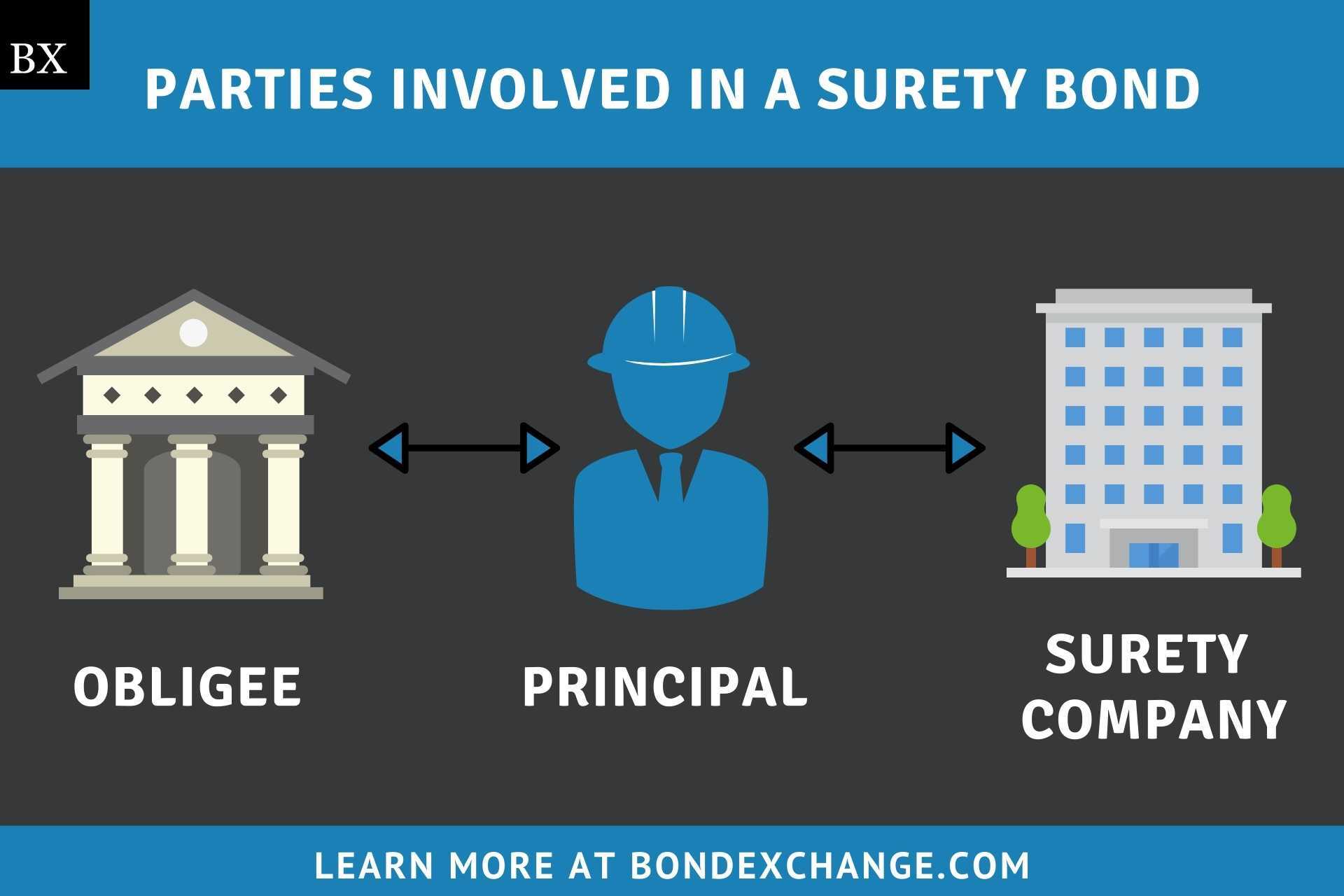What is an Obligee?
The term “obligee” trips up many insurance agents the first time they hear it. In regards to surety bonds, the obligee is the entity who is requiring your customer to purchase a bond. Surety bonds act as a three party contract between the principal (your customer), the surety company, and the obligee. The obligee sets the bonding requirement, and the principal purchases the bond through a surety company. Surety bonds protect the obligee from financial harm if the principal fails to comply with the provisions set forth in the bond form.

Who is an Obligee?
So now we know what an obligee is, but who exactly are they? Most often, the obligee will be a federal, state, or local government agency who is requiring your customer to purchase a bond as a prerequisite to obtaining a business license or permit. However, this isn’t always the case as there are many different types of surety bonds. Below are the different obligees for the most common types of surety bonds:
Business License or Permit Bonds
As mentioned above, the obligee for these types of bonds will most often be a federal, state or local government agency who is requiring the bond as a prerequisite for licensure. For example, if your customer is a motor vehicle dealer in North Carolina they will need to obtain a $50,000 Motor Vehicle Dealer Bond as required by the North Carolina Department of Motor Vehicles (NC DMV). The NC DMV requires the bond to ensure the dealer complies with licensing regulations and operates their business ethically.
Bid, Performance and Payment Bonds
The obligee for bid, performance and payment bonds is the project owner. In 1935, congress passed The Miller Act which requires contractors to obtain payment and performance bonds on all qualified federal public works projects that exceed $100,000. Most states have enacted what are known as “Little Miller Acts”, which mirror the federal legislation at the state-level. Simply put, if your customer is the general contractor on a federally funded project, the obligee will be a federal government agency. If your customer is a general contractor on a state funded project, the obligee will be a state or local government agency. If your customer is acting as a subcontractor on a project that requires bonding, the obligee will be the general contractor for the project.
Fidelity Bonds
Fidelity bonds, commonly known as “employee dishonesty bonds”, are not required by any government agency. The obligee for fidelity bonds will typically be your customer’s client if they are providing some sort of service and have access to their client’s personal or business property. For example, if your customer runs a janitorial service business, then their client may require them to obtain a fidelity bond to protect against theft of property committed by a janitor your customer employs.
Probate or Court Bonds
Probate bonds are required by a court to ensure estate assets will be managed and distributed properly by a court-appointed fiduciary. The obligee for these bonds is usually the county probate court where the estate is filed.
Who Can File a Claim Against a Surety Bond?
As you might have guessed, most claims are filed by the obligee listed on the bond form. However, some bond forms include language that allows other parties like the general public or customers of the bond principal to file a claim against the bond. This language is typical for license bonds in industries that can expose the public to financial harm.
How Do I Find Out Who the Obligee Is?
While the above section helps us to determine the type of entities who require surety bonds, we still don’t know who the obligee is on your customer’s specific bond. To find your customer’s obligee, simply examine your customer’s bond form and the obligee will generally be listed at the very top of the first page. Some surety bonds have generic bond forms that do not list the obligee. In cases such as these, contact BondExchange and we will be happy to help you determine who is requiring your customer to be bonded.
How Can an Insurance Agent Obtain a Surety Bond?
BondExchange makes obtaining a surety bond easy. Our thoroughly developed online system was built for insurance agents like you. Simply login to your account and use our keyword search to find your bond in our database. Don’t have a login? Enroll now and let us help you satisfy your customers’ needs. Our friendly underwriting staff is available by phone (800) 438-1162, email or chat from 7:30 AM to 7:00 PM EST to assist you.

